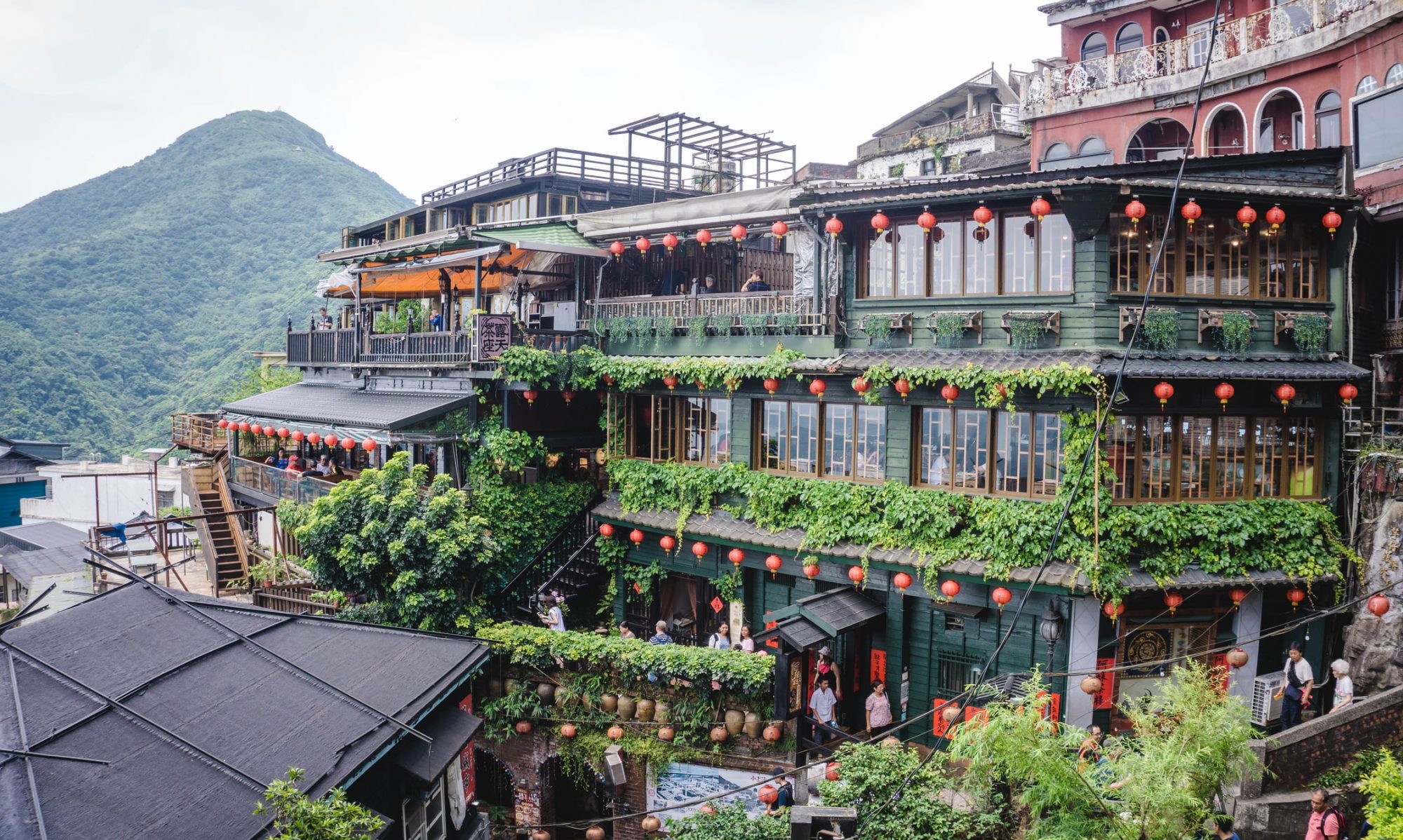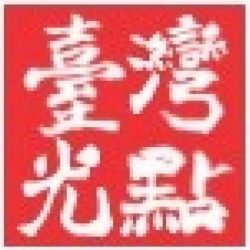The perception of increasing threat of conflict between China and Taiwan has sparked growing debate in the U.S. about how to respond. Since abrogating its formal military alliance with Taiwan in 1979, the U.S. has adhered to a policy short of a security guarantee, leaving it open as to when and if the U.S. might use force to defend Taiwan. In recent years, a growing number of voices are calling for a rethink of “strategic ambiguity” in favor of “strategic clarity” that would involve an explicit security guarantee. This presentation will discuss the origins of strategic ambiguity, the arguments for a new policy, and what a shift to a new policy might mean to Taiwanese citizens.
![]() Gene Park is director of the Global Policy Institute at Loyola Marymount University and professor in the Political Science and International Relations Department. His expertise and research areas include East Asia, political economy, and international relations. He is currently working on projects on South Korea, Taiwan, and Japan. Prior to arriving at LMU, he taught at Baruch College, City University of New York. Professor Park has been a Global Taiwan Institute Scholar, Social Science Research Center Abe Fellow, and a Shorenstein Fellow at Stanford University’s Asia Pacific Research Center. In addition, he spent two years as a visiting researcher at Japan’s Ministry of Finance. He also has had affiliations with the Stockholm School of Economics, Academia Sinica, Keio University, Rikkyo University, Saitama University, and Yokohama National University. He is a member of the Maureen and Mike Mansfield Foundation’s U.S.-Japan Network for the Future. He co-authored a book entitled Taming Japan’s Deflation, The Debate over Unconventional Monetary Policy (Cornell University Press, 2018). An earlier book, Spending without Taxation, FILP and Politics of Public Finance, was published by Stanford University Press. His articles and commentary have appeared in Japanese Journal of Political Science, Governance, Socio-Economic Review, Texas National Security Review, Asian Survey, Pacific Review, New York Times, National Interest, Current History, Yonhap News, Kyodo News, Channel NewsAsia, and the Wall Street Journal. In his spare time, he enjoys playing tennis and visiting the beach and mountains.
Gene Park is director of the Global Policy Institute at Loyola Marymount University and professor in the Political Science and International Relations Department. His expertise and research areas include East Asia, political economy, and international relations. He is currently working on projects on South Korea, Taiwan, and Japan. Prior to arriving at LMU, he taught at Baruch College, City University of New York. Professor Park has been a Global Taiwan Institute Scholar, Social Science Research Center Abe Fellow, and a Shorenstein Fellow at Stanford University’s Asia Pacific Research Center. In addition, he spent two years as a visiting researcher at Japan’s Ministry of Finance. He also has had affiliations with the Stockholm School of Economics, Academia Sinica, Keio University, Rikkyo University, Saitama University, and Yokohama National University. He is a member of the Maureen and Mike Mansfield Foundation’s U.S.-Japan Network for the Future. He co-authored a book entitled Taming Japan’s Deflation, The Debate over Unconventional Monetary Policy (Cornell University Press, 2018). An earlier book, Spending without Taxation, FILP and Politics of Public Finance, was published by Stanford University Press. His articles and commentary have appeared in Japanese Journal of Political Science, Governance, Socio-Economic Review, Texas National Security Review, Asian Survey, Pacific Review, New York Times, National Interest, Current History, Yonhap News, Kyodo News, Channel NewsAsia, and the Wall Street Journal. In his spare time, he enjoys playing tennis and visiting the beach and mountains.

